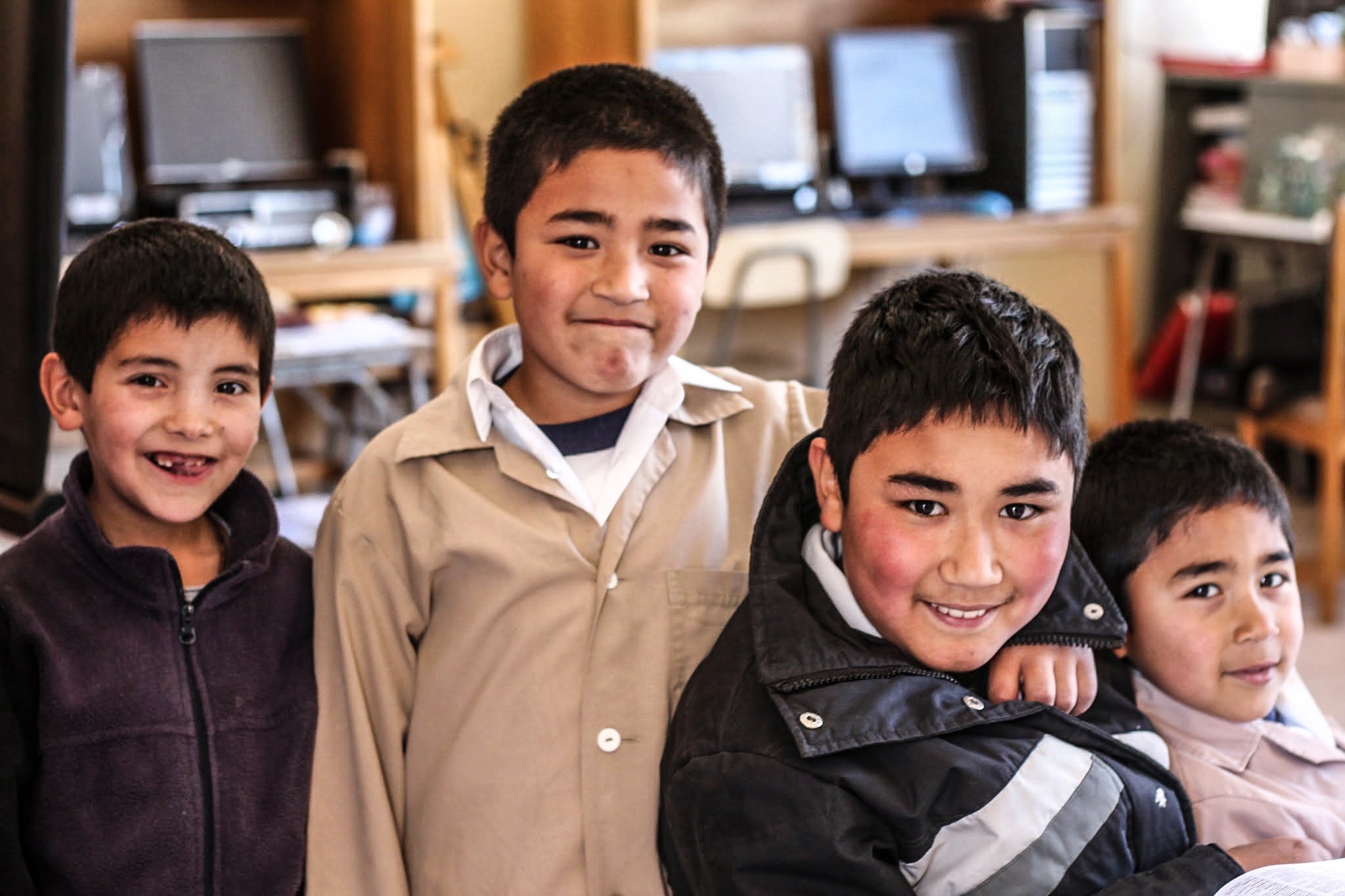
With around 96% electricity access, Latin American and the Caribbean is on the way to becoming the first developing world region to achieve universal electricity access. However, the Sustainable Energy for All Americas initiative acknowledges that providing access to the last 25 million people in the region by 2030 will require coordinated planning and investment. This is in part because the populations that lack electricity are often scattered and live in remote areas that are costly to connect to the grid with small economies of scale. In practical terms, this means that providing electricity to those populations will be expensive.
In order to provide assistance to countries in the region to prepare grid and off-grid electrification roll-out plans at the lowest cost and lead to a sector-wide investment prospectus, we are partnering with the Sustainable Engineering Lab (SEL) at Columbia University to develop a methodology toolkit. The toolkit can be used by countries to gather or streamline existing data and to determine the projected cost and time frame for providing electricity to those that lack access. The SEL has a successful track record of working with countries in other regions of the world to provide similar planning services, including in Kenya, Senegal, Nigeria, Indonesia, and Myanmar.
The methodology to be described in the toolkit begins with the collection of high resolution datasets with geo-located information of existing energy infrastructure and demand points (settlements, households, etc.), followed by a demand forecast and a cost estimate for grid and off-grid technologies at all demand points. These costs are compared for each demand point in order to generate a cost optimal system plan. This plan is then used to create an investment prospectus using country-specific costs and indicating the phased expenditures needed to achieve the electricity access targets. The toolkit will provide estimates and recommendations for long-term electrification systems, as well as short- to medium-term options for interim electrification during the years required for grid expansion. The process is iterative and involves local stakeholders, thereby providing an opportunity for capacity building on energy planning and data collection and management.
The toolkit will be publicly available online by the fall 2016 at SE4All Americas.
Sustainable Energy for All Americas recognizes the need to understand the unique situation of each country in Latin America and the Caribbean and to develop plans and recommendations that take into account the institutional, political, tariff, and regulatory frameworks in each country. By joining forces with SEL at Columbia University, we will be able to provide timely, expert technical advice to help countries plan how to achieve universal access to electricity by 2030.


Leave a Reply